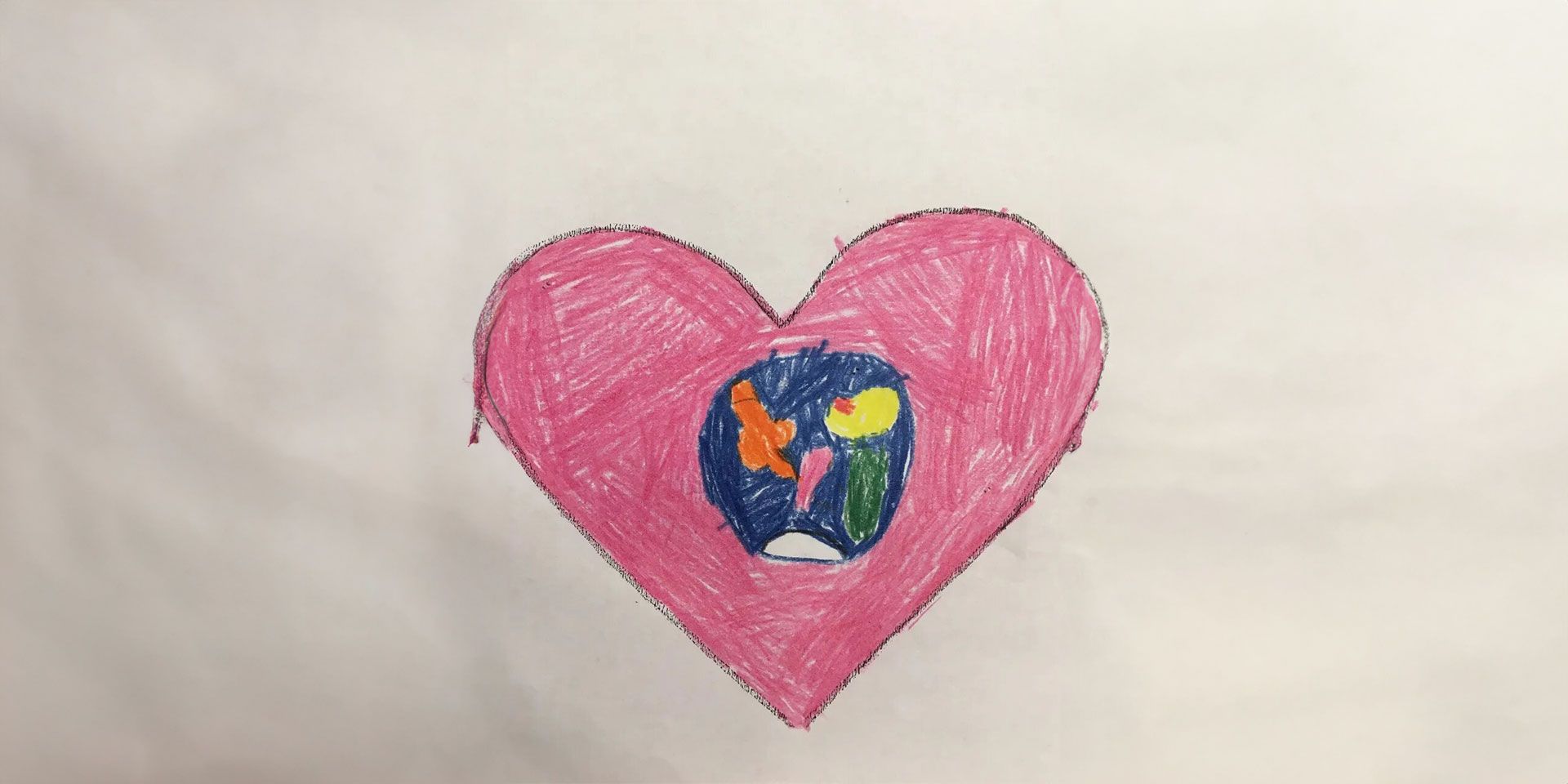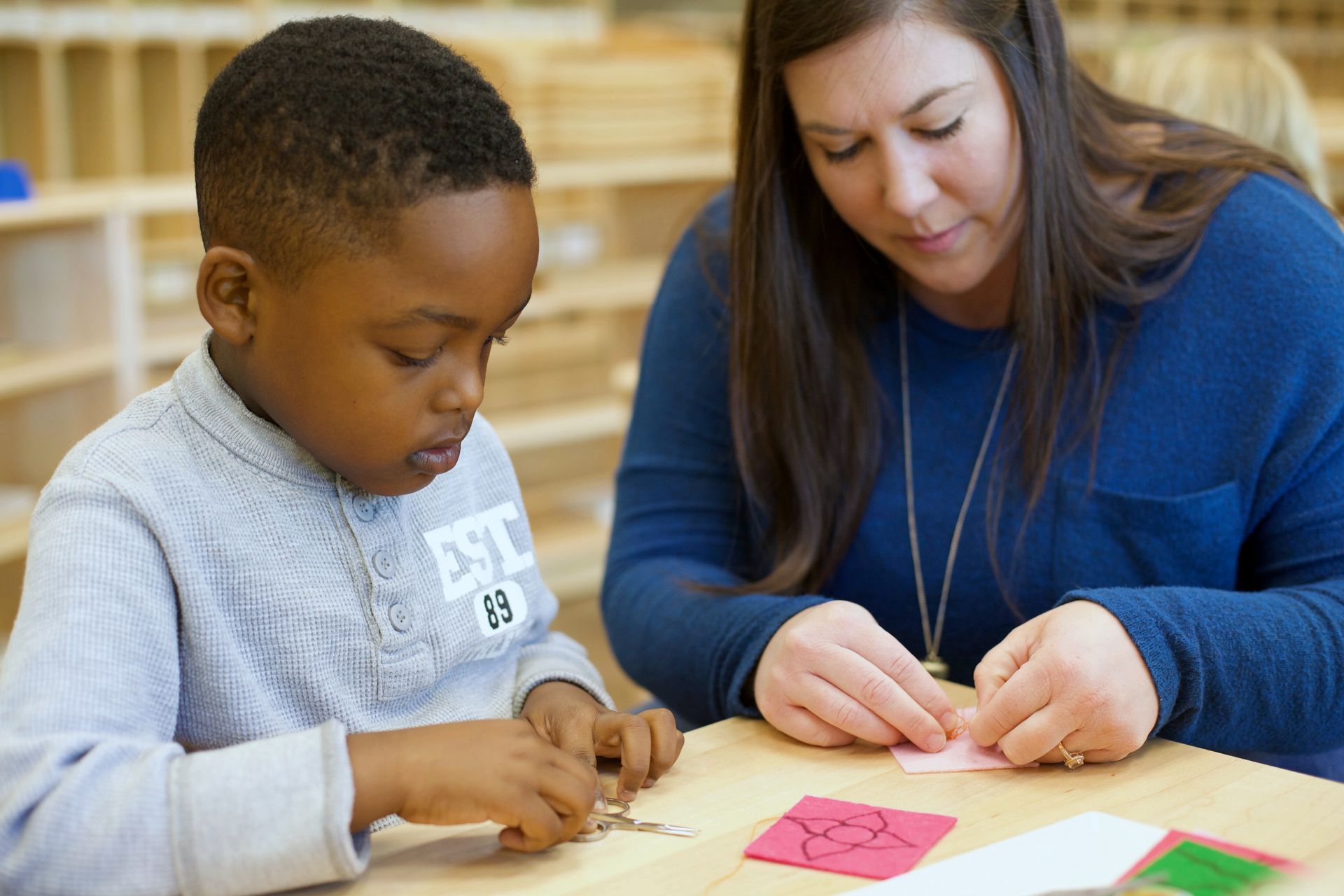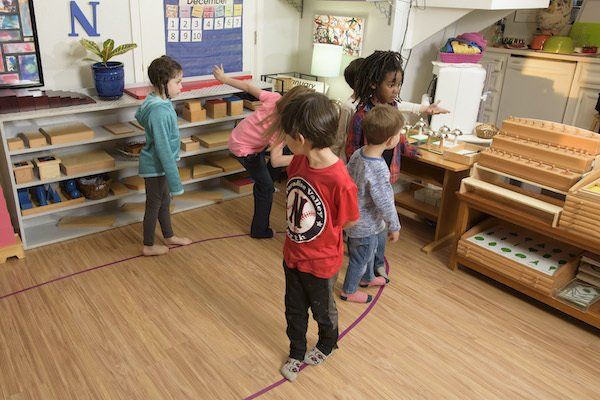
As families we are currently faced with enormous challenges we very likely did not predict or expect. Your children are probably home from school, you are likely working from home, the streets are eerily silent, and grocery stores are weird places. We’re all a little on edge, but as you might imagine, this is a difficult time for our children. You’ve likely seen a host of surprising emotions pour from them in recent weeks. We know you want to be there for your child, and this is a lot to handle at once. In this article we share some ideas to help you support your little ones as we all navigate through these tricky times.
Slow down
Our lives typically move at a fairly rapid pace. Now that many of us are forced to stay home, the change can feel a little jarring. Embrace slowing down; consider this an opportunity to take your time and really engage and recognize what is important in the moment. For those of you who are not staying home, we know this will be even more of a challenge than usual, but try to find ways to allow your child to do so.
Life moves on. We still have deadlines, and careful consideration of daily structure and schedule will help bring some normalcy to an otherwise chaotic period, but if you are at home, it’s okay to pause once in a while. Look out the window together and admire the rain pouring down. Make a delicious lunch together. Reread those library books you can’t return right now.
Make the connections they cannot
True story: a child takes out a toy they were given as a gift months ago. After spending time creating a masterpiece, they realize it won’t turn out as they planned. Tears begin to fall, which quickly turns into sobs and exclamations that this is the worst day of their lives. They are inconsolable. As the minutes tick by, you wonder why they are making such a big deal out of something so small.
It’s not really about the toy.
Be there
We have our own work as adults. Working from home is an adjustment for those of us who don’t normally do so, and trying to balance that with being a teacher for your child is no easy feat. Some of us even have jobs that require us to support our communities in times of need. We have worries about our parents, grandparents, and others. We read the news and feel intense pressure to follow countless new procedures that are new and stressful. Those concerns are 100% valid. Take your time to deal with them as best you can.
As much as you are physically and emotionally able, remember to be there for your child. Be there to listen to them. Be there to play. Be there to snuggle when it all feels like too much. Show them that even though their world is unpredictable, you are there.
Be honest (but age-appropriate)
Our children are smart, and often pick up on more than we realize. Don’t try to hide what’s going on; talk to them. Does your six-year-old need to know about mortality rates? Of course not. Are they developmentally able to know that there is a virus traveling around the world that affects different people differently, and that the steps we are all taking are to help care for one another? They sure are.
You know your child best. Turn off the news on t.v., but talk to them. Give them the most information you can to help them feel informed, but not more than you think they can handle. Be open for questions. Let them know when you don’t have an answer or if you’re not comfortable talking about certain things.
Another important element of honesty right now: let your children in on your own emotions. Again, there is no need to burden them with things they are not ready to handle, but it’s a good thing to show them that even adults get scared. We have moments of worry, confusion, and frustration. Let them see that, and consider those moments as opportunities to model ways to appropriately express and process unpleasant emotions.
Highlight the positive
Spending your days at home together may not be what you had planned, but there is so much good that can come out of the unexpected. Spend a bit of time each day focusing on gratitude. Whether you point out little things in the moment, or make a more formal practice each evening as a family, finding ways to focus on what’s good is helpful for everyone. Some ideas:
- Share a news story of people finding beauty in challenging times (like the videos of Italians singing to one another from their balconies).
- Celebrate the fact that if you’re so inclined, you can bake cookies together in the middle of the afternoon.
- Over dinner, have everyone share one or two good things about their day.
- Depending on your location and restrictions, enjoy the fact that nature is one place that doesn’t close down. Take advantage of quiet trails, shorelines, and even parks.
- Share the joy with others. Consider calling someone who lives by themselves and may be feeling lonely. It’s hard enough to self-isolate with others, but having no one to talk to day after day is even harder.
We leave you with a poem of gratitude, written in the thirteenth century by Jalal Al-Din and translated by Coleman Barks and John Moyne.
“Today, Like Every Other Day, We Wake Up Empty”
Today, like every other day, we wake up empty and frightened. Don’t open the door to the study and begin reading. Take down a musical instrument.
Let the beauty we love be what we do. There are hundreds of ways to kneel and kiss the ground.


